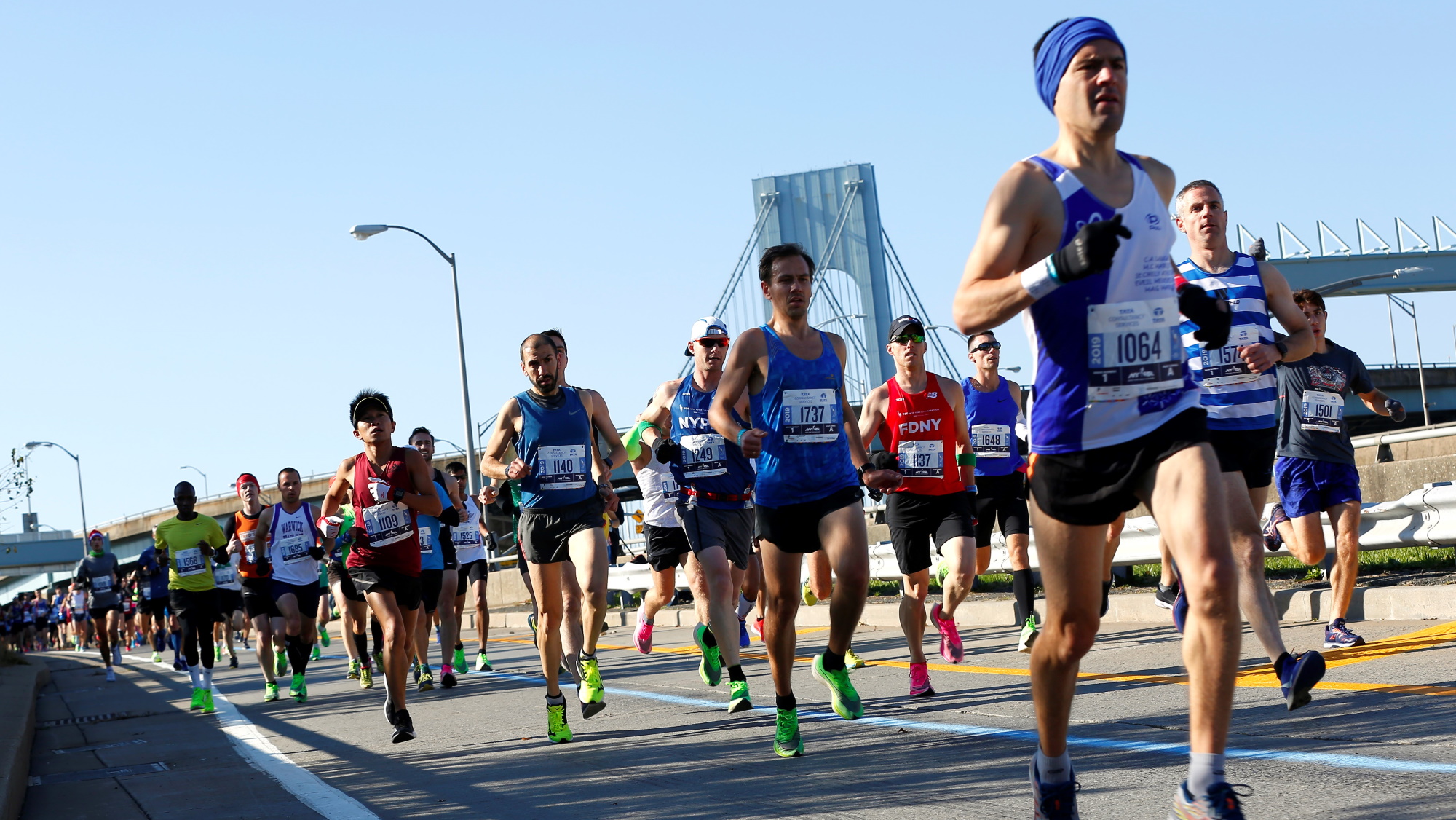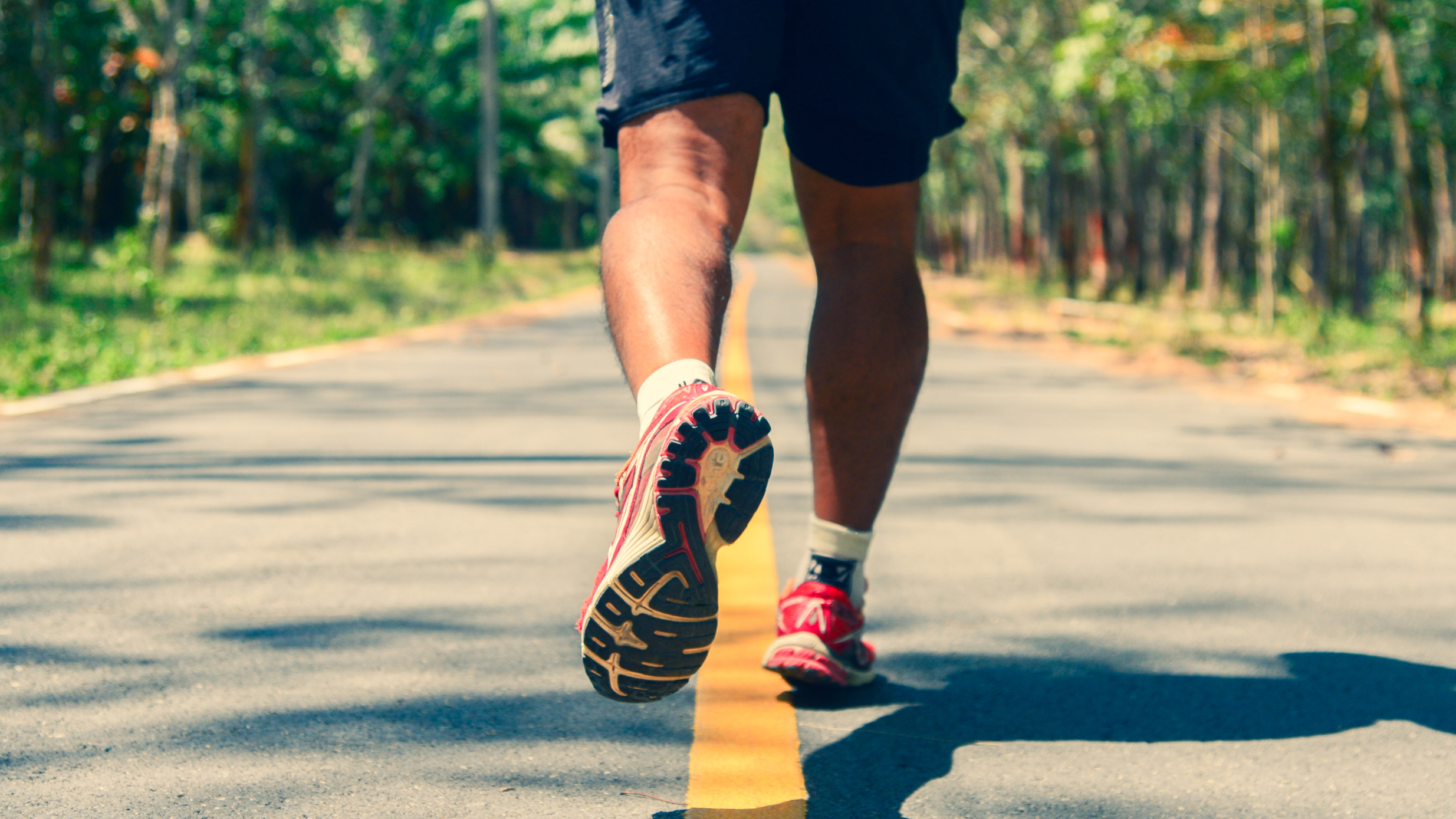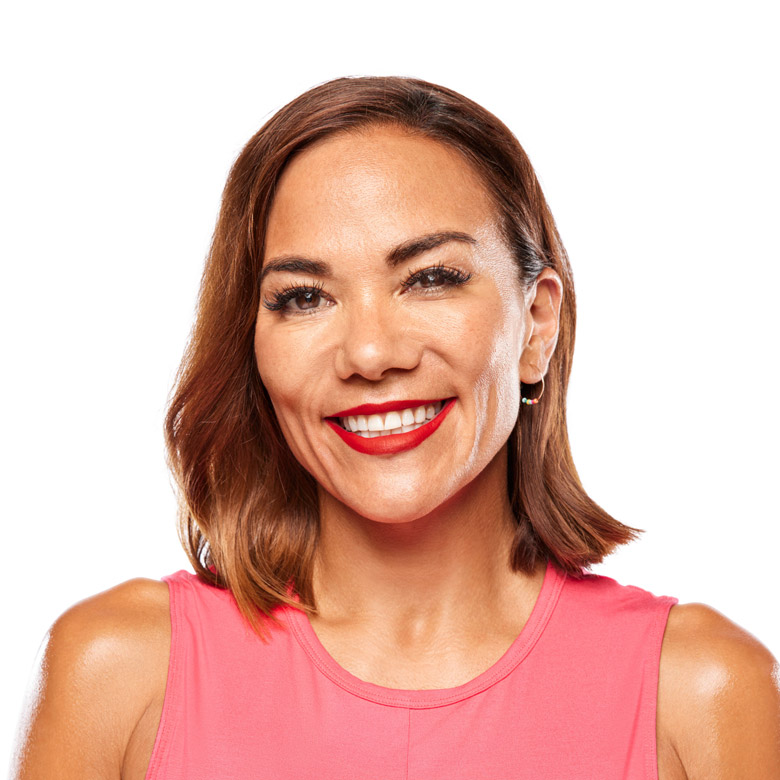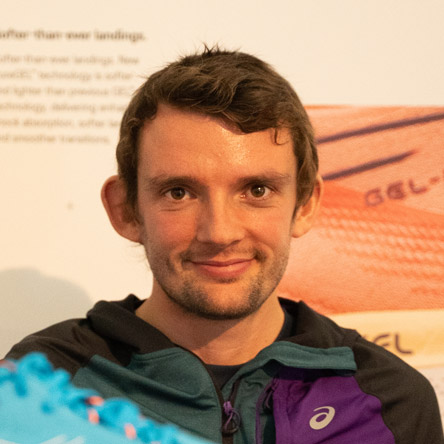How to run your first marathon in 2024: Expert advice for beginner runners
Elite distance athletes offer their best tips for first-time runners

Sign up for breaking news, reviews, opinion, top tech deals, and more.
You are now subscribed
Your newsletter sign-up was successful
It’s marathon season! Whether you’re already signed up to run a marathon and the date is almost here, or you’re inspired by this year’s runners and are still debating whether or not to take the plunge, it’s time to put on your best running shoes and start preparing.
It’s not just a fun excuse to get some use out of your best running watch, but it’s a great time to seek out useful tips on how to make your running experience more enjoyable and sustainable. Whether you’re looking for advice on picking a training plan in the early stages of preparation, or you’re looking for last-minute tips on fueling, pacing and how to stay hydrated, we’ve spoken with two running experts who have given their guidance and advice on how to nail your first marathon
Even if you’re a more experienced marathon runner, an expert’s advice still goes a long way - after all, there’s always a way for a master to improve their craft.
How do you go about choosing the right marathon training plan? How much should you train?
Chan: "I think it depends on what your goals are. If you have a specific time goal, and have experience in endurance running you might want to explore one-to-one coaching. If you are wanting something more general, there are good resources on the internet. However, for all training plans, I would say it is worth going to a known and trusted source. And if you are using a coach do check they have the correct coaching qualifications."
Griffiths: “Work around your schedule – what’s actually realistic for you, in terms of your schedule and how much time you have to train? Determine what volume and intensity you will need to hit your goal.”
Chan: “As your training plan progresses towards the start line, so should your mileage. Any increases in these should be gradual, so no huge leaps in the length of the run and the distance. I can not stress enough that rest days are just as important! These will help you get stronger over the training also. Make sure you give your body time to recover from long runs. Strength training and stretching too will help. A short 10-minute session is a great addition to the end of your run training!"

What do you recommend using to fuel your run? Energy gels, electrolyte drinks, Haribo, homemade protein balls...
Griffiths: “If I’m doing a longer run, my go-to is gels and energy drink, one or both depending on what I’m doing. I start a run without anything on me, loop back to my house, grab my drink and gels, and go again.”
Sign up for breaking news, reviews, opinion, top tech deals, and more.
Chan: “My best advice for the mid-run refuel is to practice this in your training. This is where you can test your race nutrition and see what works for you. I do not take too well to gels, so use things like jelly babies and fruit baby food pouches to get me through my marathons. I also take on calories in my fluids too. These are the easiest way for me to get the calories in. The golden rule is nothing new on race day! Test it out first."
How do you avoid hitting ‘the wall’ on race day?
Griffiths: “That comes down to training – if you’ve trained sufficiently you shouldn’t really 'bonk' [a running term for depleting your energy stores]. The rest is fuelling and pacing: make sure you’re taking gels and drinks early enough before you need them. Set a pace that’s realistic as well, it’s a 26-mile race. If you get past mile 20 in a good place, you should be fine.”
Chan: “A good tip is to ensure you are getting good enough sleep in the days leading up to the race. Start sleeping and eating more a few days out if possible, as it may be that the night before your race you can't sleep as well. This will set you up to be as good as you can be on the morning of the race. Then it is all about determination! Just do not go out too fast. Have a plan and stick to it.”
Finally, any more race-day tips?
Griffiths: "The main tip is just to enjoy it! I think everyone puts a lot of pressure on themselves to hit a certain time, but first of all, enjoy the day. Enjoy the atmosphere around it, and if you do that, you’ll be more relaxed on the run. Also, remember it’s a 26-mile race, so don’t go too fast out of the gate.
“Finally, book a shorter race in the build-up, so you can practice your pre-race routine. What should you eat the night before a race? How early should you get to the start line? How much water should you drink? You get to practice all of these things that otherwise you wouldn’t think about. Even if it’s a 10k or a half-marathon, get a race in the diary and go through the routine. On the big race day, it’ll pay dividends."
Chan: “Go into your runs hydrated. Make sure you have drunk water before your run. Sometimes I will take on an electrolyte drink an hour or two before I head out for my run. Then it is little and often. No huge glugs of water, but steady sips. Find a hydration method that works for you. Some people like to run with packs and bladders, I like to keep an eye on how much I am drinking, and opt for soft flasks and carry them with me in a race vest. Remember the drinks station at the race may not stock your preferred drink.”

Matt is TechRadar's expert on all things fitness, wellness and wearable tech.
A former staffer at Men's Health, he holds a Master's Degree in journalism from Cardiff and has written for brands like Runner's World, Women's Health, Men's Fitness, LiveScience and Fit&Well on everything fitness tech, exercise, nutrition and mental wellbeing.
Matt's a keen runner, ex-kickboxer, not averse to the odd yoga flow, and insists everyone should stretch every morning. When he’s not training or writing about health and fitness, he can be found reading doorstop-thick fantasy books with lots of fictional maps in them.

